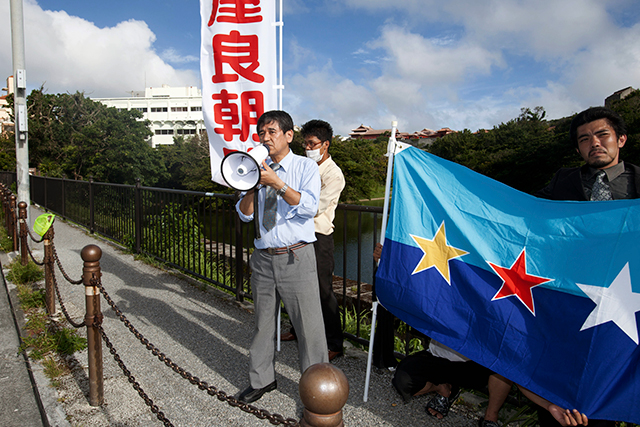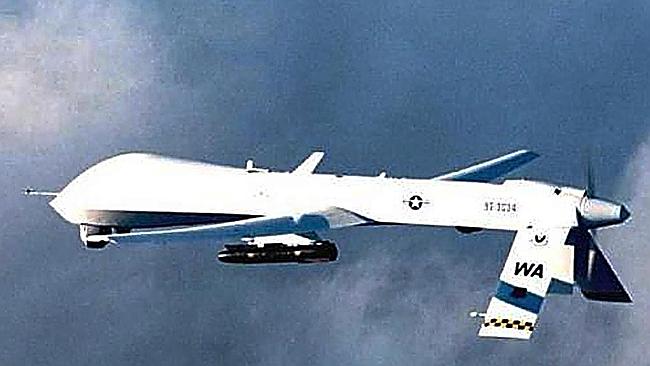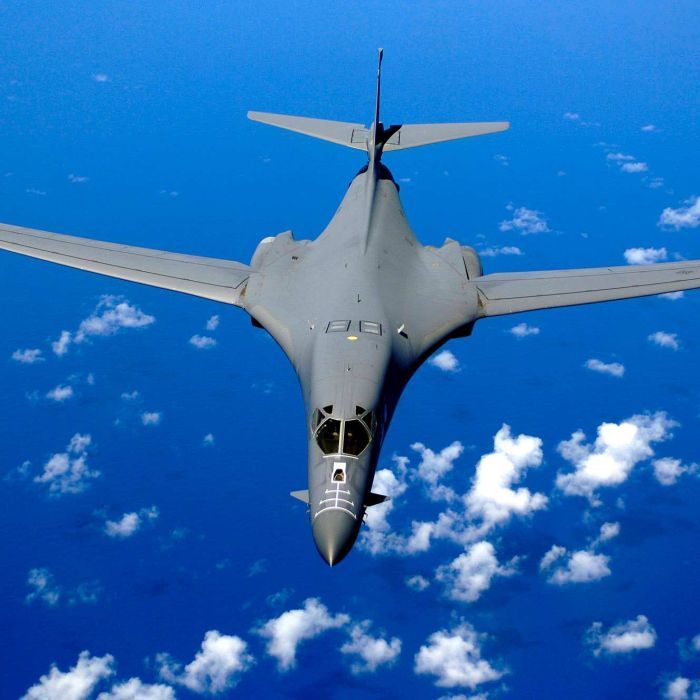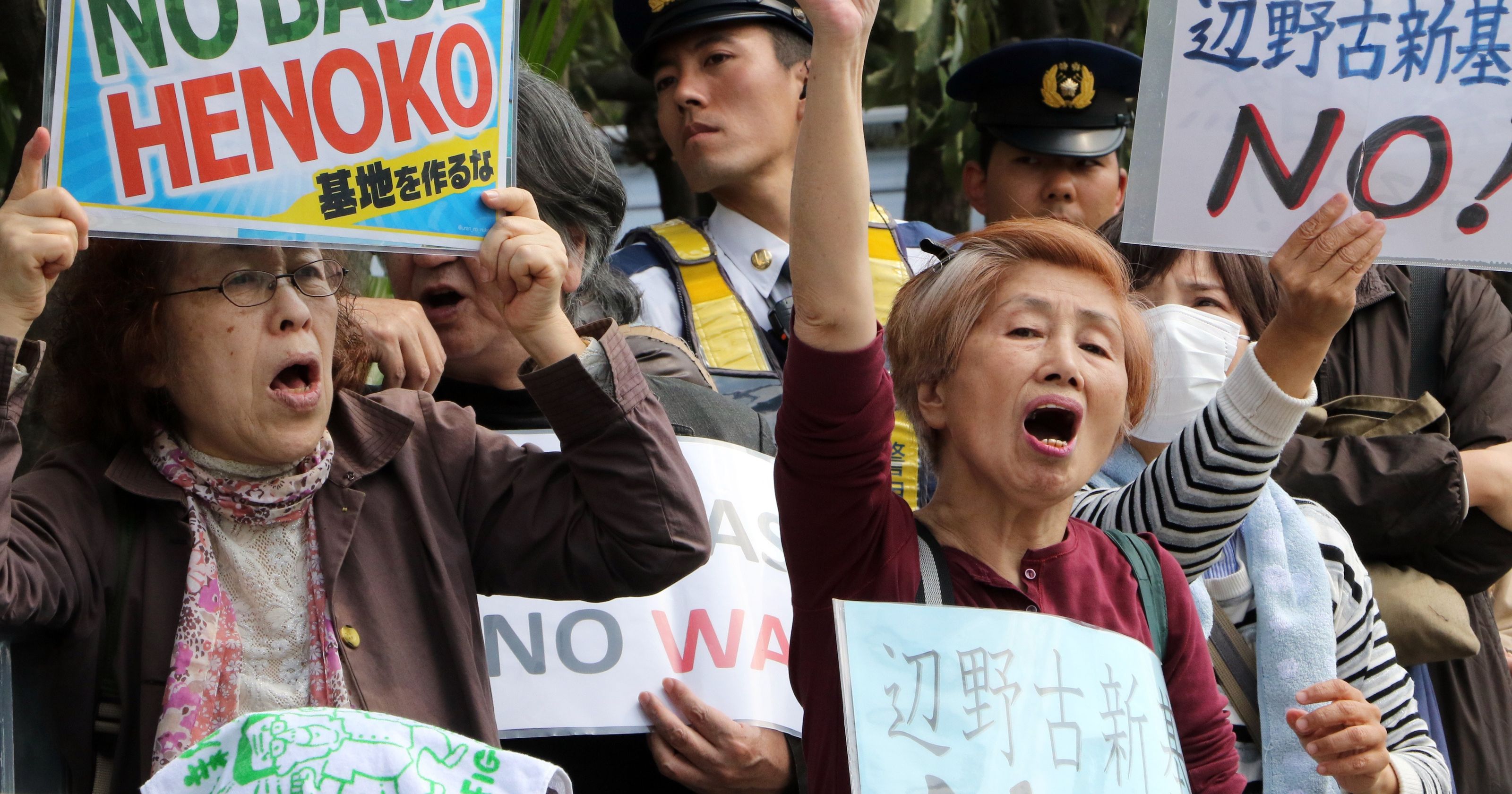
How many foreign military bases would you accept in your hometown?

How many foreign military bases would you accept in your hometown?

The report describes Darwin as a “resilient, welcoming and united in its support of Defence, Defence personnel and Defence families.” The NT was the only state or Territory government to lodge a submission with the inquiry, which was dominated by aerospace companies and human rights groups.

Mr Shear told a special congressional hearing on the South China Sea the deployment of air assets to Australia was in addition to the doubling of US marines bound for Darwin, leaving their current base in Japan. "We will be moving significant numbers of Marines to Hawaii, Guam and Australia," he said. "So we will have a very strong presence, very strong continued posture throughout the region to back our commitments to our allies, to protect and work with our partners and to continue ensuring peace and stability in the region.

"I'm concerned that things may get nasty if the government keeps taking the current high-handed approach ... prompting anger not only among Okinawans but among some outside the islands," he said. Tokyo and Washington are working to update the guidelines governing their military alliance at a time of rising disquiet over China's growing assertiveness.